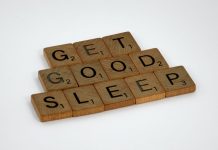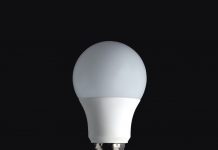Did you know that sleep deprivation can lead to craving sweets, in the same way that ingesting marijuana can lead to the munchies? You can blame your endocannabinoid system for this one!
Having a rough night inevitably leads to less will power at breakfast the next day, and new research has determined that choosing calorie-dense and fatty foods when sleep deprived is actually tied to your sense of smell and the endocannabinoid system. The endocannabinoid system is a cell-signaling system that was discovered in the 1990s which produce cannabinoid-like chemicals that are instrumental in most of our physiological functions. The endocannabinoid system (ECS) regulates homeostasis in the body, and all vertebrates and invertebrates have an ECS.
Research into the ECS explains why ingesting cannabinoids from external sources (such as marijuana and CBD) can interact beneficially in some disease processes like epilepsy. The ECS is relatively new and is not fully understood at this time.
In the study conducted at Northwestern University, researchers linked being sleep deprived to an increase of molecules in the ECS, which then influences the processing of smells by both the nose and the brain.
Some of the test subjects slept for 4 or 8 hours, and the sleep-deprived subjects had higher levels of a molecule which acts on the endocannabinoid receptors in their blood. Despite subjective self-reports that the sleep-deprived group wasn’t hungrier than the group who received a full 8 hours of sleep, MRI results during exposure to food and nonfood odors revealed otherwise.
During MRIs, the groups were exposed to smells that ranged from fir trees to pot roast, garlic, and cinnamon rolls. As they smelled these odors, the researchers examined the area of the brain responsible for interpreting smells: the piriform complex. They also examined the region of the brain that regulates food intake (the insula) and discovered that the sleep-deprived subjects with the higher levels of the endocannabinoid chemical had consistently less communication between the regions to interpret smells and regulate food intake.
These changes caused sleep-deprived subjects to choose more calorie-dense foods, although it did vary from one subject to the other. People deprived of sleep may choose different foods the next day, and some may choose sweets over savory foods, but all sleep deprived people have difficulty regulating their food intake when faced with pleasant food aromas.
The take-home message here is that if you haven’t slept well, you may have to work harder the next day to make wise food choices.
References
- Bhutani, Surabhi, et al. “Olfactory Connectivity Mediates Sleep-Dependent Food Choices in Humans.” ELife, vol. 8, no. e49053, 2019, doi:10.7554/eLife.49053.































